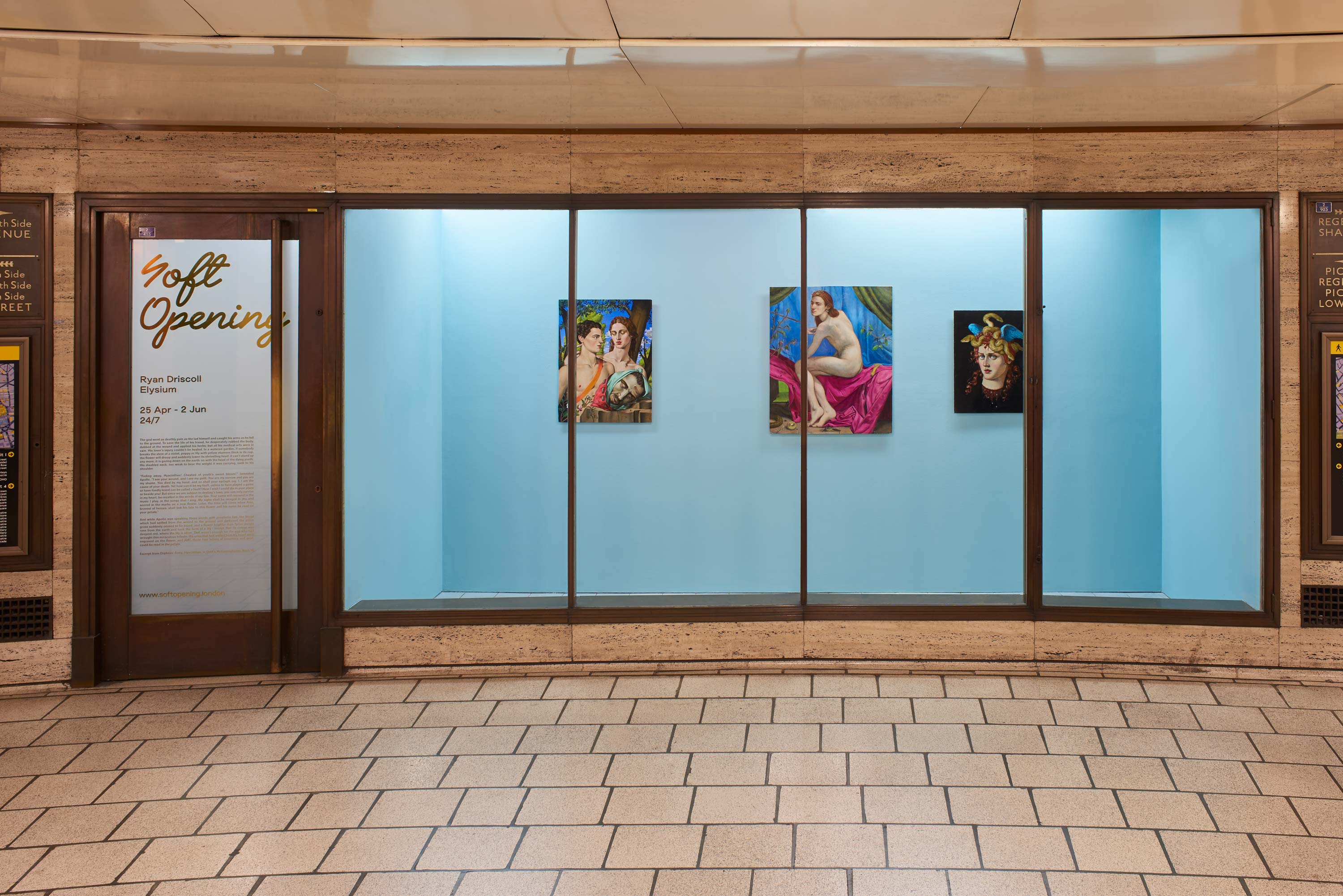The god went as deathly pale as the lad himself and caught his arms as he fell to the ground. To save the life of his friend, he desperately rubbed the body, dabbed at the wound and applied his herbs; but all his medical arts were in vain. His lover’s injury couldn’t be healed. In a watered garden, if somebody breaks the stem of a violet, poppy or lily with yellow stamens thick in its cup, the flower will droop and suddenly lower its shrivelling head; it can’t stand up any more; it is gazing down on the earth: so with the head of the dying youth. His disabled neck, too weak to bear the weight it was carrying, sank to his shoulder.
“Fading away, Hyacinthus! Cheated of youth’s sweet bloom!” lamented Apollo. “I see your wound, and I see my guilt. You are my sorrow and you are my shame. You died by my hand, and so shall your epitaph say. I, I am the cause of your death. Yet how can it be my fault, unless to have played a game or have fondly loved can be called a fault? How I wish I could die in your place or beside you! But since we are subject to destiny’s laws, you can only survive in my heart, be recalled in the words of my lips. Your name will resound in the music I play, in the songs that I sing. My sighs shall be imaged in you and scored in the marks on a new flower. Later, the time will come when Aias, bravest of heroes, shall link his fate to this flower and his name be read on your petals.”
And while Apollo was speaking these words with prophetic lips, the blood which had spilled from the wound to the ground and darkened the green grass suddenly ceased to be blood; and a flower brighter than Tyrian purple rose from the earth and took the form of a lily - except that its colour was deepest red, where the lily is silver. That wasn’t enough for the god who had wrought this miraculous tribute: the cries that had welled from his heart were engraved on the flower, and AIAI, those four letters of mourning and grief, could be read in the petals.
—Excerpt from Orpheus’ Song: Hyacinthus, in Ovid’s Metamorphoses, Book 10.

